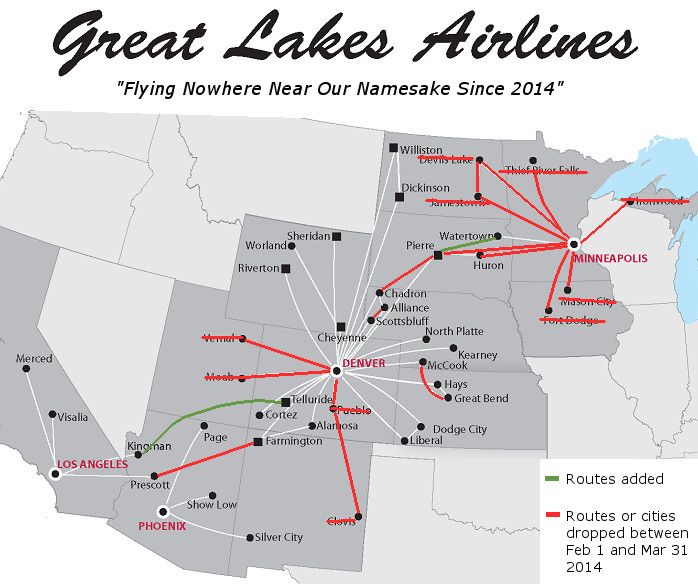Rich Delaney, 02 February 2014: Download
IAM members in CLE, along with the rest of America, found out Saturday afternoon of United's plans to radically change the operation of the station. District 141 found out at the same time; no advanced discussion, no opportunity to talk about alternatives. We have since had discussion with United management regarding this announcement. We will meet with management this coming week to explore all possibilities to address the needs and futures of our CLE membership. The company has made it clear that their decision to drastically shrink CLE's operation is not going to change. The discussions need to focus on what options our contracts provide to find long term employment for our members whether in CLE or other stations across the system. All options will be fully explored, based on existing language that address the security and seniority rights of members.
The brief discussion held with United this weekend raised several points. The company's decision was based on criteria other than the performance and work ethic of IAM members in CLE. Our members come to work, work hard, and provide excellent service to United's customers. The problems of CLE are not caused or solved by the employees. The company's announcement exposes the problem of reliance on Express operations. United's decision to stop domestic expansion and instead rely on other airlines to provide so much of their passengers has been developing for years. The expansion of the Express operation has put our membership at risk in line stations all through the system as mainline operations were reduced or eliminated. What we are seeing in CLE today is the other side of a risky business model that places so much emphasis on the operation of other airlines. As fuel cost continue to stay at an absurdly high level, the inefficiencies of small regional jets are exposed and the high cost of operating these aircraft becomes a drain on the overall success of the airline. Recently implemented changes in Federal Air Regulations regarding training and duty periods for regional jet flight crews are also proving to expose the hidden costs of "low cost" airlines.
The recent negotiations between District 141 and United focused on the expansion of Express operations and the impact the contracting out of so much of United's operation to these airlines was having on our membership. Changes made in our contracts provide some protection against this contracting out. The situation in CLE is not about contracting out - it is about ceasing operations by other airlines. The current level of mainline operations in CLE will remain - it is the loss of Express operations that is causing this planned loss of jobs.
United has told us that the effect of this decision will be felt by our members in June. We will work as quickly as we can to see what options will be available to impacted members and give them as much time as possible to evaluate their options and make decisions that are best for themselves and their families.
United's announcement of profitability in 2013 has raised many questions from members regarding the Profit Sharing provisions of our Agreements. Most confusing is the references to percentage levels and what they truly mean. Naturally, members question how our contract can refer to a 5% Profit Sharing figure while the company announces a 1.1% payment. It is essential to understand the differences between these references. During the recent negotiations the determination was made to increase the guaranteed wages of employees by reducing the amount of money due the IAM through Profit Sharing and put that money into the hourly rate of pay for all members.
Our contract calls for the company to place 5% of their pre-tax profits into a pool for IAM members. This percentage changes every year, based on the declared profit of United, and is not tied to the earnings of employees. The pool of money created by the pre-tax profit is then distributed among all IAM members. This distribution is based on each person's earnings compared to the total earnings of all IAM members for the year. This calculation establishes a fixed percentage for all IAM members so that those members that earned more receive a greater share of the profit than those members that did not work as much or earn as much. All money placed in the Profit Sharing pool is distributed among members; no Profit Sharing money is given to the IAM.
The rules governing the Profit Sharing program have been in place for over 10 years without change. The only adjustments that have been made over that time is the percentage amount committed to IAM members. Our financial advisor is currently reviewing this year's distribution, based on information recently provided by United to insure that the provisions of our contract are followed completely.


